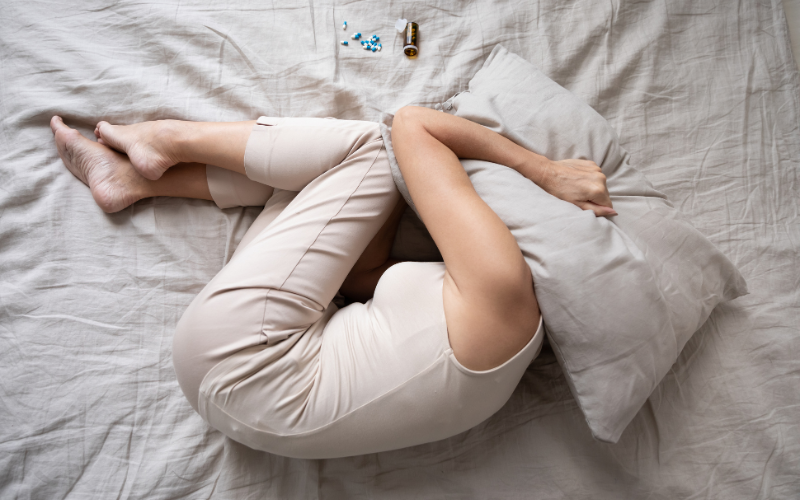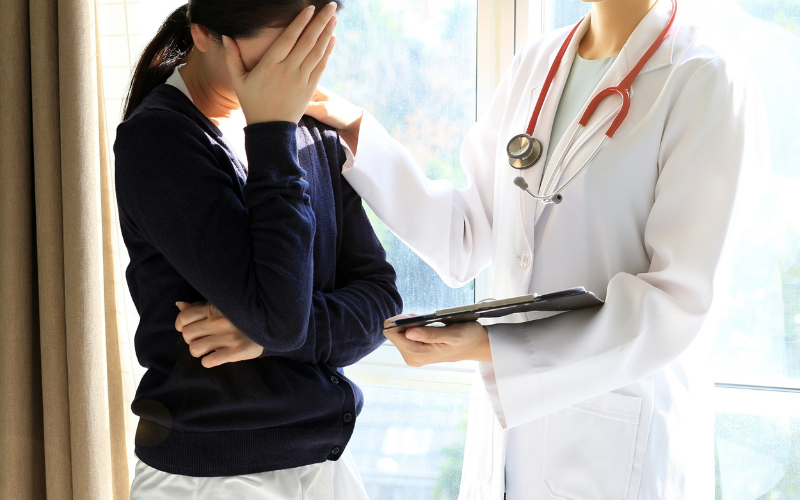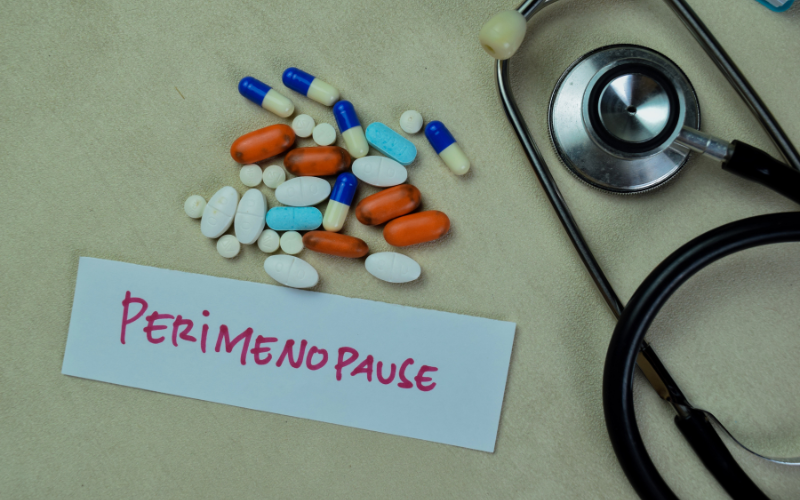Author: Dr. Manisha Tomar MBBS, DNB, DGO
Consultant: Obstetrician & Gynaecologist at Motherhood Hospital Noida
Ageing relates to many changes in the body where a woman undergoes some major changes during her 50s. The hormonal changes along with the physical changes that are noticed during this period are:
- Hormonal changes: During this phase of life, menstruation will cease in women, with changing estrogen levels and other dominant hormones. This alteration can lead to some uncomfortable symptoms while the body is dealing with it, like hot flashes, night sweats, vaginal dryness, sleep issues, and anxiety. Besides, the lining of the vagina also becomes thinner and drier.
- Immune system: After age 50, the immune system can gradually go slower to invade viruses or any outside threats that can cause infections or any other disease. Besides, the number of fighter cells in your body will also decrease, and you are likely to get sick when in contact with any virus, bacteria, or pathogen.
- Weaker bones and joints: The postmenopausal phase often leads to calcium deficiency and weaker bones. During younger years, the body has the capability to replace the broken cells with new and strong ones. However, this tendency decreases with age when a person has more broken-down cells than replaced ones. In the same way, the joints also become weaker as the tissues and cartilage surrounding them begin to thin over time.
- Muscle changes: Besides bone strength, muscle strength is also lost at a rapid rate after turning 50
- Body weight: One noticeable change for women as they age is increased body fat. Women may also develop wrinkles from reduced elasticity and firmness of their skin or thin and greying hair. In women, this excess weight shifts from the hips and thighs to the torso after menopause
- Chances of heart attack: With increasing age, the chances of heart attack also increase. The Post menopause phase results in the decline of estrogen, which is linked with the increasing risk of heart disease in women.
- Changes in hair: Changing hormones can cause some women to have an increase in facial hair or a thinning of the hair on the scalp.
- Mental health: Psychological and emotional symptoms of fatigue, irritability, insomnia, and nervousness may be related to both the lack of estrogen, the stress of ageing, and a woman’s changing roles.
Other expected changes include:
Menopause symptoms such as hot flashes, moodiness, headaches, and trouble sleeping, which can persist for years-
- Problems with short-term memory
- Change of tone in the pubic muscles, resulting in the vagina, uterus, or urinary bladder falling out of position (prolapse)
A healthy diet and exercise combination can contribute to healthy living in ageing women.
The silver age in women comes with all unknown surprises in the form of a few common health issues, making life a little complicated and painful. To avoid difficulties and severity of health problems, women should give priority and tend to themselves at every age along with other priorities. Consultation with a doctor, nutritionist, or health specialist on a timely basis, examining your own body, along with nutritious intake, daily exercise, and stress-free life, can have a thin line of such common problems in the air.
At Motherhood Hospitals we have a team of experienced supers specialists backed by the latest infrastructure and facilities. We have the best gynaecologist in Noida. We are experts in handling complex deliveries, gynaecological, and other surgeries, including various laparoscopic surgeries.
Do make an appointment with the best womancare hospital in Noida at a centre closest to you. Meet with our doctors, who will carry out the required investigations, diagnose the issue and recommend the most appropriate treatment, enabling you to lead an active life.
If you wish to get in touch with Dr. Manisha Tomar, please book your appointment here.


 Toll Free Number
Toll Free Number


















